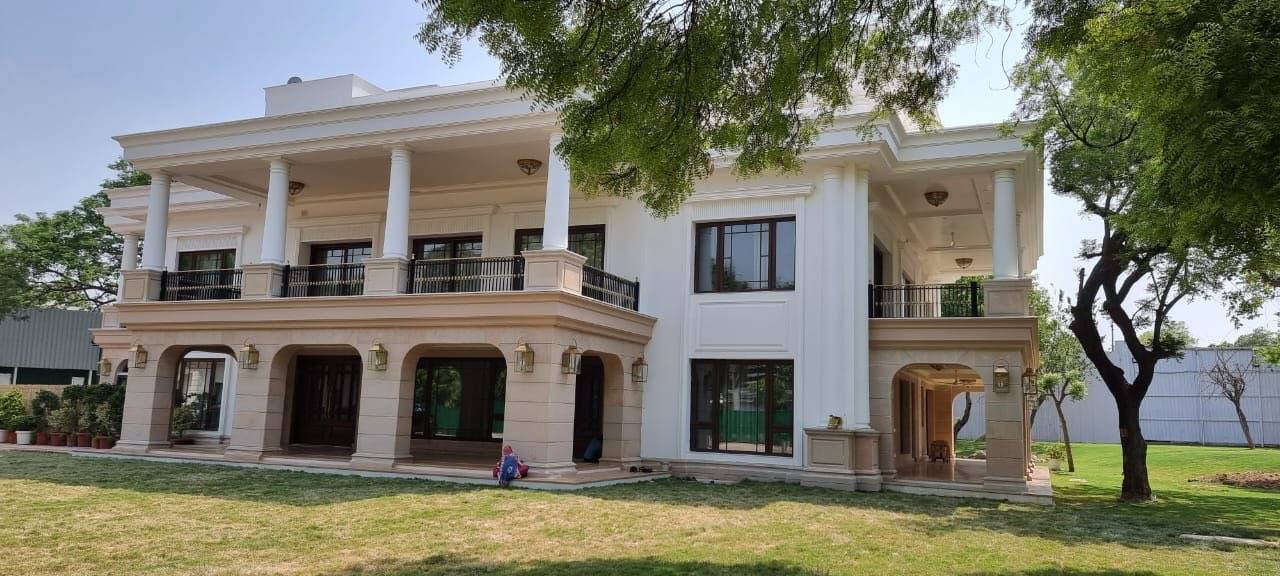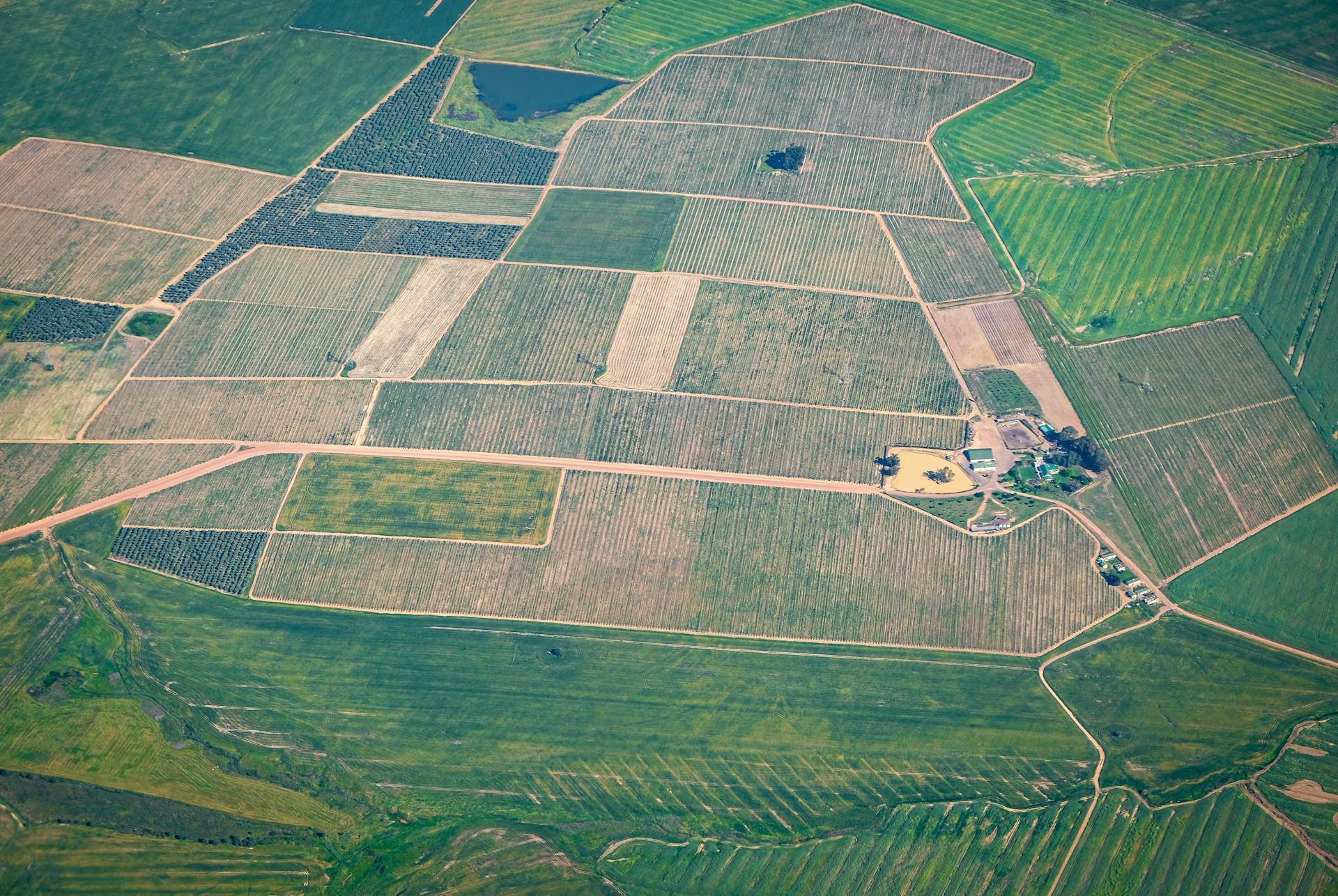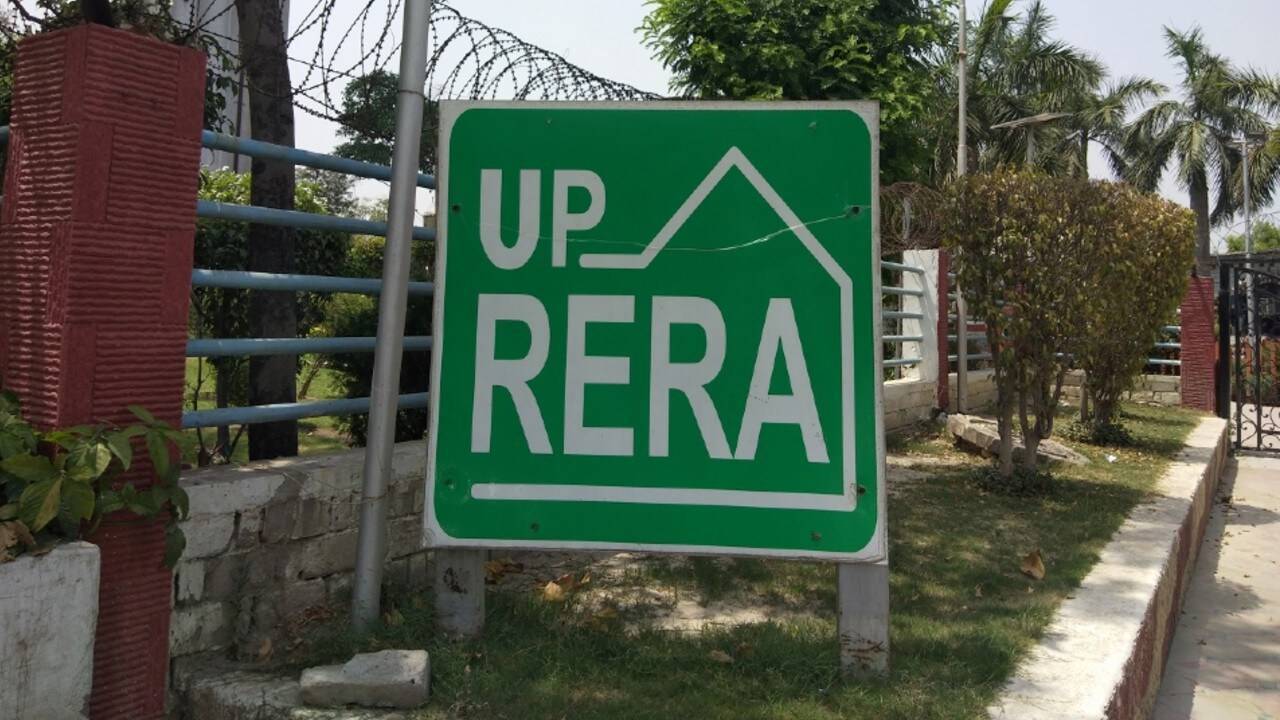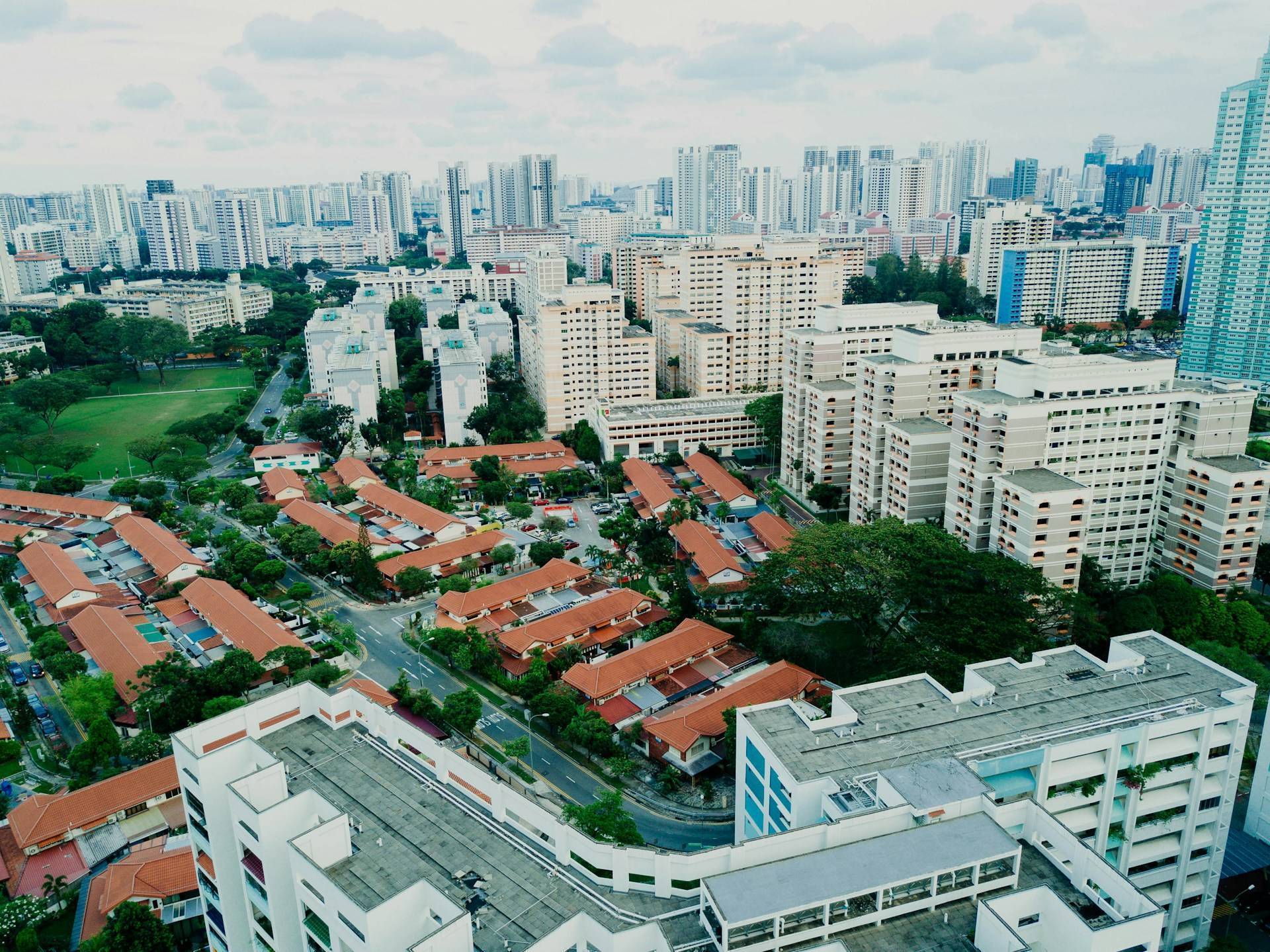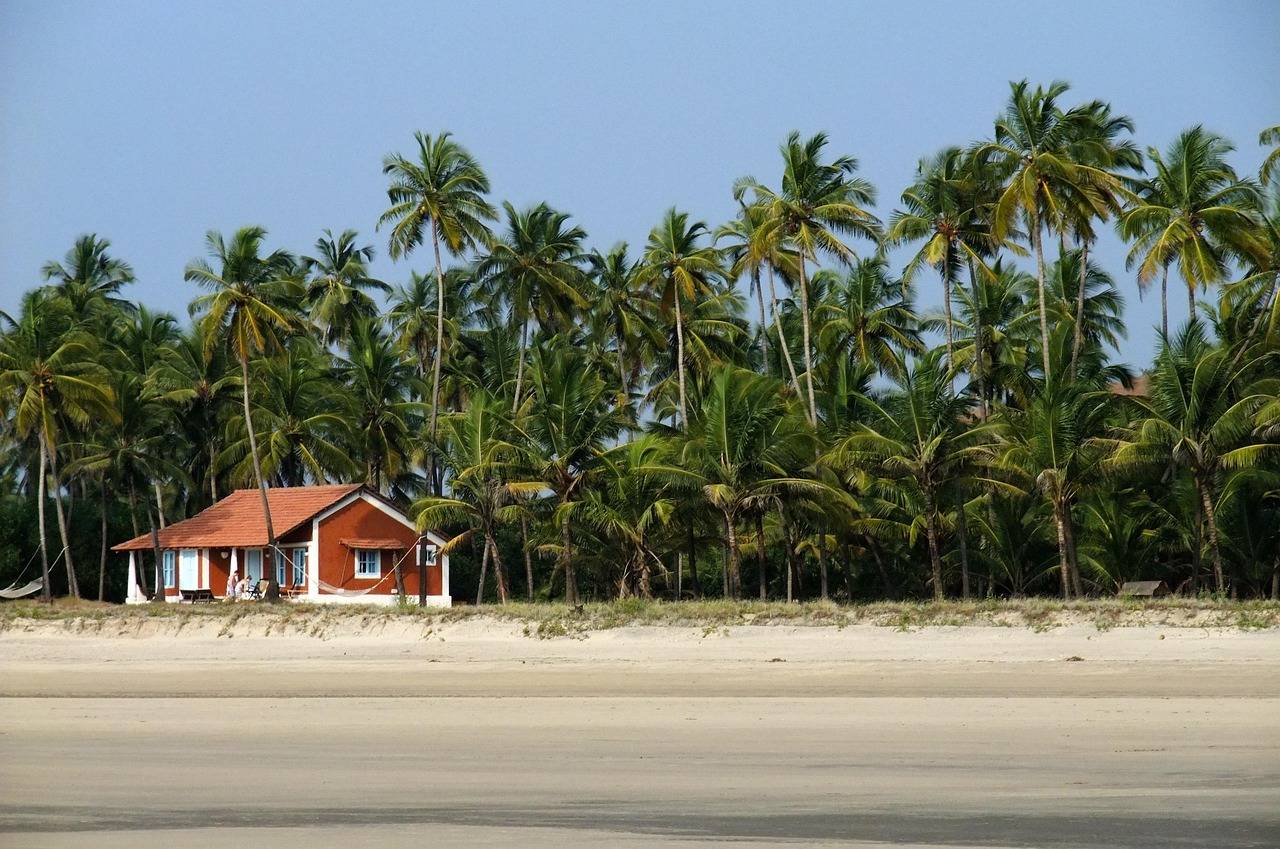The Central Vigilance Commission (CVC) has initiated a probe into the renovations of the 6 Flagstaff Bungalow, the former residence of Delhi's ex-Chief Minister Arvind Kejriwal. The investigation follows a report submitted by the Central Public Works Department (CPWD), which raises concerns over possible violations of building norms during the reconstruction of the bungalow.
The 40,000-square-yard mansion, often referred to as the "Sheesh Mahal" due to its opulent renovations, was the official residence of Arvind Kejriwal during his tenure as Delhi's Chief Minister from 2015 until October 2024. Following his resignation amidst corruption allegations from the Bharatiya Janata Party (BJP), Kejriwal vacated the property.
The CVC's order to probe the matter came after the CPWD submitted a factual report suggesting that certain building norms may have been overlooked in the reconstruction process. The report claims that the bungalow was renovated in a manner that could be considered a violation of established construction standards, sparking concerns about irregularities in the way the renovations were carried out.
The Flagstaff Bungalow, once a standard government residence, was reportedly transformed into a lavish estate, raising eyebrows in the political sphere. Critics, particularly from the BJP, have repeatedly accused Kejriwal and his administration of misusing government funds for the extravagant renovation of the property. The BJP has alleged that the bungalow, which was meant to serve as a functional government residence, was turned into an "ultra-luxurious" home complete with high-end fixtures, imported goods, and other lavish interior decorations.
In recent months, the BJP has escalated its criticism, especially during election campaigns. The party has accused Kejriwal of transforming the bungalow into a personal "palace," even going so far as to allege that he illegally annexed neighboring government properties to expand the estate. These allegations of extravagant spending and mismanagement of public resources have been central to the BJP's criticisms of Kejriwal's leadership.
Kejriwal has not yet responded publicly to the CVC’s decision or the allegations surrounding the bungalow's renovations. The Aam Aadmi Party (AAP), which Kejriwal leads, has similarly refrained from commenting on the matter at this time.
The issue of the renovations has been further politicized by Prime Minister Narendra Modi's remarks earlier this month. During a speech in the Lok Sabha, Modi took a subtle jibe at Kejriwal's lifestyle, contrasting the latter's focus on luxury features like jacuzzis and stylish showers with his own administration’s emphasis on practical infrastructure, such as providing taps for every household in India. Modi’s comments came in the context of an ongoing debate about the use of public funds for government officials' luxury and amenities.
The CVC’s investigation into the bungalow's renovations adds a new layer of scrutiny to Kejriwal’s tenure as Chief Minister. This move follows years of mounting allegations from the BJP about corruption and mismanagement in various areas, including the reconstruction of the Flagstaff Bungalow. The outcome of this investigation may have significant political implications, especially as Delhi heads into future elections.
As the investigation unfolds, it remains to be seen whether the CVC will uncover substantial evidence of wrongdoing or if the allegations will remain a matter of political contention. The final findings of the probe could also influence public opinion on Kejriwal and his party's governance, particularly in the context of growing concerns over transparency in the use of public resources.
This development has captured significant attention as it raises questions not just about the renovations themselves, but also about the broader issues of accountability and governance within the Delhi government under Kejriwal's leadership.

